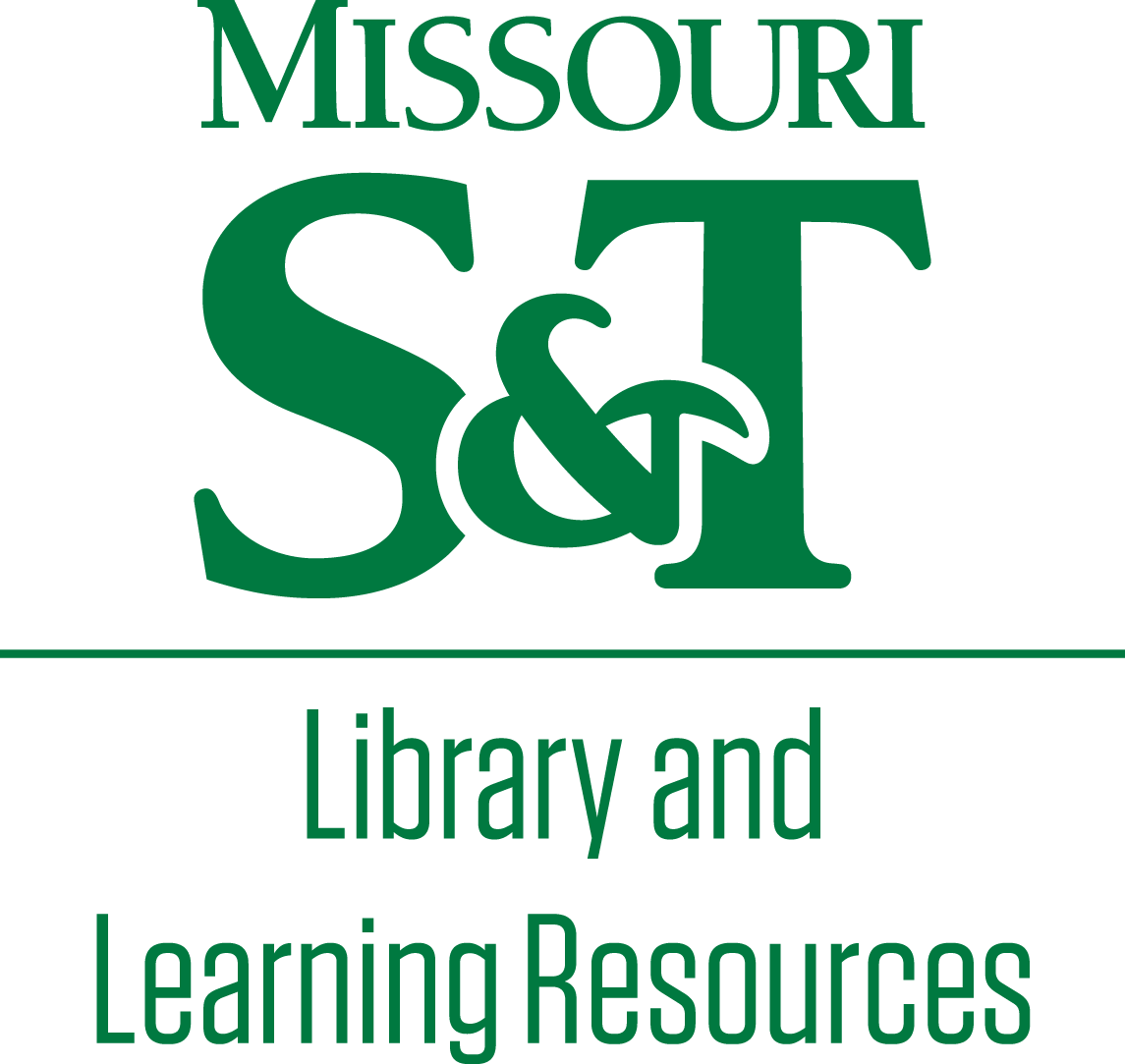Department
Chemical and Biochemical Engineering
Major
Biochemical Engineering
Research Advisor
Thimgan, Matthew S.
Advisor's Department
Biological Sciences
Funding Source
National Institute of General Medical Sciences (NIGMS)
Abstract
The fruit fly Drosophila Melanogaster is an optimal research specimen when observing the effects of sleep deprivation on spatial learning. A fly's sleep can be tracked using locomotion while it is undisturbed and while it undergoes sleep deprivation. To measure a fly's visuospatial awareness, a region at a comfortable 24 degrees Celsius, among the rest of the arena yielding an uncomfortable temperature ranging from 36-37 degrees Celsius, is fit with a specific visual cue that the fly is able to identify. This region, along with it's visual cue, is rotated around the arena every 3 minutes, and the amount of time it takes for the fly to reach this region is recorded. By comparing a sleep deprived fly to a fly with a normal circadian rhythm, one can observe the effects of sleep deprivation the night before implementing the assay. The objective of this research is to investigate the crucial role of healthy sleep in spatial learning.
Biography
Natalie Gardner is a junior Biochemical Engineering Major pursuing a minor in Biomedical Engineering. Originally from Nixa, Missouri, she attended Colorado State University her freshman year before transferring to S&T her sophomore year. In that time she has been an avid member of The Society of Women Engineers, including holding the Fundraising chair her first year. Her undergraduate research is coordinated by Dr. Matthew Thimgan in the Biological Sciences department at S&T. She hopes to incorporate her passion for the biological sciences and her aptitude in engineering to work towards helping others in the medical field.
Research Category
Sciences
Presentation Type
Poster Presentation
Document Type
Poster
Award
Sciences poster presentation, Second place
Presentation Date
28 Apr 2017, 9:45 am - 10:00 am
Included in
Effects of Sleep Deprivation on Learning in Fruit Flies
The fruit fly Drosophila Melanogaster is an optimal research specimen when observing the effects of sleep deprivation on spatial learning. A fly's sleep can be tracked using locomotion while it is undisturbed and while it undergoes sleep deprivation. To measure a fly's visuospatial awareness, a region at a comfortable 24 degrees Celsius, among the rest of the arena yielding an uncomfortable temperature ranging from 36-37 degrees Celsius, is fit with a specific visual cue that the fly is able to identify. This region, along with it's visual cue, is rotated around the arena every 3 minutes, and the amount of time it takes for the fly to reach this region is recorded. By comparing a sleep deprived fly to a fly with a normal circadian rhythm, one can observe the effects of sleep deprivation the night before implementing the assay. The objective of this research is to investigate the crucial role of healthy sleep in spatial learning.


